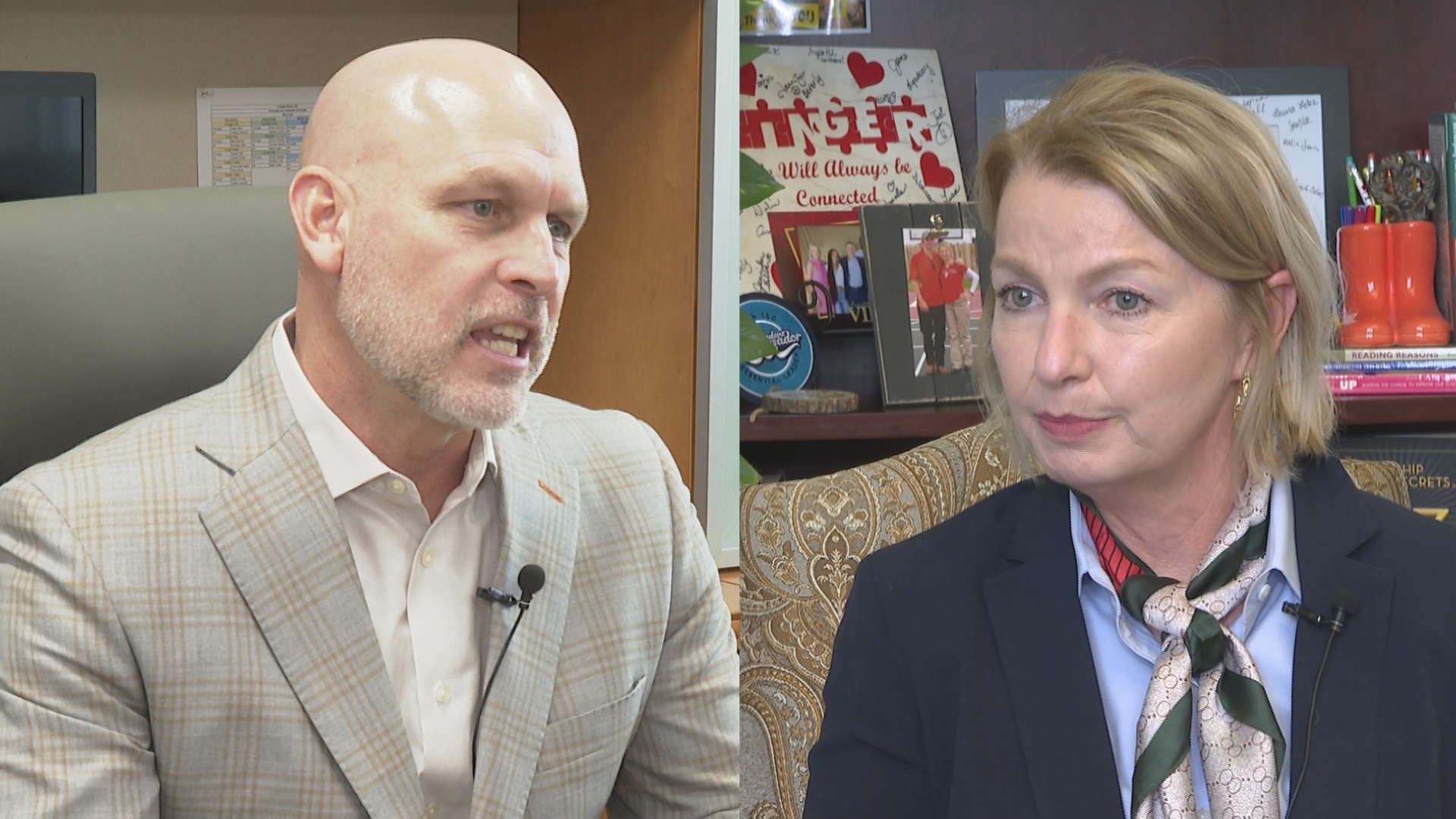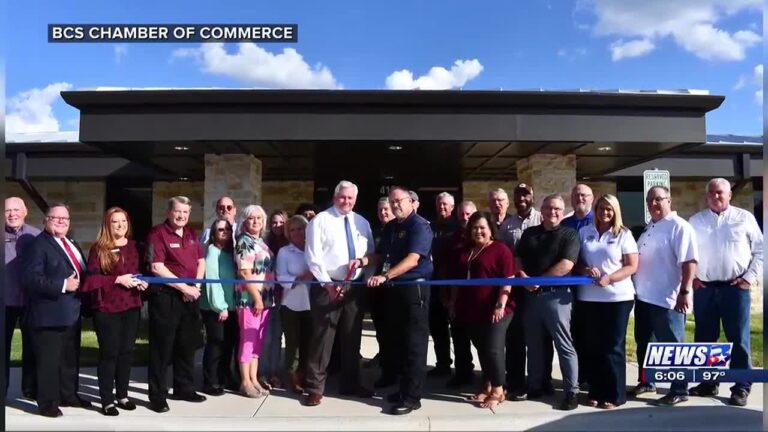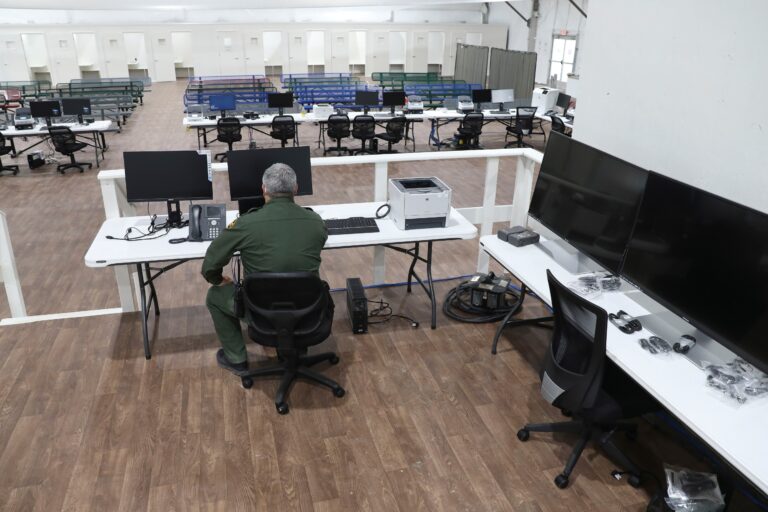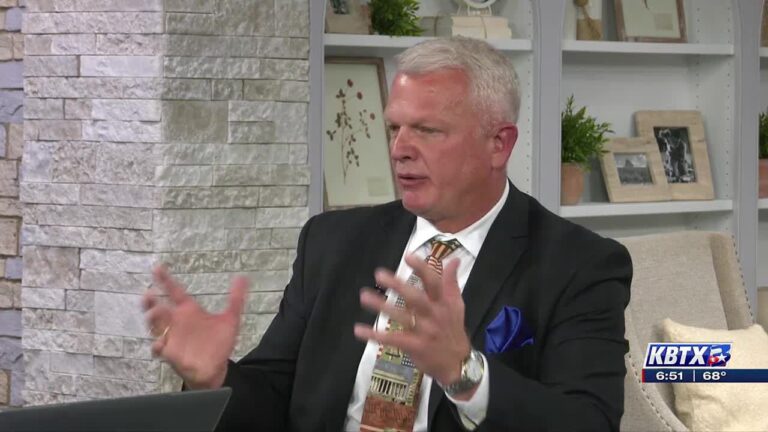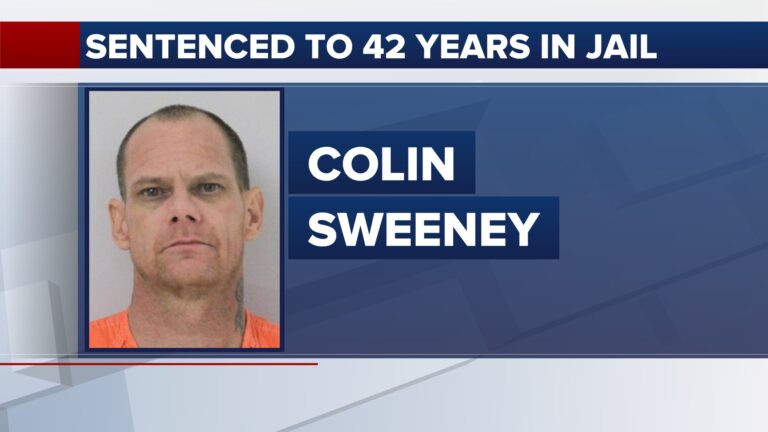Bryan and College Station ISD Superintendents advocate for fairness amidst school choice debate
BRYAN-COLLEGE STATION, Texas (KBTX) -In a year marked by several states passing school choice measures, Texas may soon follow suit if state lawmakers have their way. Governor Greg Abbott has pledged to push through a school choice bill and is expected to convene a special session in Austin next month to make it a reality.
However, this move has sparked apprehension among educational leaders, particularly superintendents from the two largest school districts in the Brazos Valley, Bryan & College Station ISD.
This special session follows the recent setback in passing a measure that aimed to establish education savings accounts for K-12 students to attend non-public schools. The proposal could have offered over five million students a voucher of up to $8,000 annually, surpassing the funding public schools receive, and operated with less oversight.
“In my opinion, we already have school choice. You know, parents could decide where they’d like to live, where their kids would go to school. So in my opinion, we do have school choice and we’ve got a lot of great choices between public schools, between charters, between private schools. The choice in my opinion is already there for parents,” said College Station ISD Superintendent Tim Harkrider.
“Honestly, there’s a lot of talk and it’s very controversial, so I would ask for a level playing field,” said Bryan ISD Superintendent Ginger Carrabine. “I think as we stand united in the whole state of Texas in public schools, we all want the same thing. We want adequate funding sources to do what we need to do to best serve children.”
Governor Abbott has maintained his stance, vowing to call a third special legislative session to deliberate comprehensive school choice legislation. In a previous stance, Abbott had threatened to veto a voucher program, deeming it lacking in providing families with meaningful choices.
Texas Gov. Greg Abbott (R) speaks at Grace Community School’s Upper Campus.
“This is one of those unparalleled opportunities when all of us together have the ability to achieve a better state for all families across Texas,” said Governor Abbott. “I believe that every parent can do a better job of raising their children if they are given the power to choose the school that is best for their child. If they are given that power, that child will go down a pathway to better educational success, personal success, and relationship success. Collectively, we can make Texas even better when we all go to work to make sure we get across the finish line this urgent need to provide parents the ability to choose the school that’s best for their child.”
While Governor Abbott and proponents argue that school choice empowers parents to select the best educational fit for their child, local school leaders contend that the proposal lacks fairness.
“In the state of Texas, we have not increased the basic allotment, which is $6,160 per student since 2019, and everyone knows what’s happened with inflation, especially post-pandemic. So if they’re going to consider vouchers, I know the last amount considered was $8,000 for families to have to apply towards private school. We would ask for them to consider raising our basic allotment, just make it a level playing field when it comes to the funding sources,” said Carribine.
“You’re gonna take taxpayer money and, and give it to parents to be able to choose their own educational avenue, you know, for their child. But there’s no strings attached to that and I think that’s where public educators have a problem with it. We have a multitude of strings attached to our money, whether it’s attendance rates that we’re responsible for that impacts our funding, whether it’s state accountability and our students taking tests,” said Harkrider. “And so right now what’s on the table for a full voucher system is taking taxpayers’ money for a parent to decide if they’d like to be homeschooled. If they’d like to go to a private school, but those entities are not under the same priorities that we have.”
College Station ISD Superintendent Tim Harkrider. (Donnie Tuggle/Bryan-College Station)
When it comes to funding both Bryan & College Station ISD’s say they have passed measures ensuring that their staffs are compensated fairly, to make up where state funding fell short.
“In my opinion, fully funding public education, that’s what we need right now. We haven’t had an increase in the basic allotment, which is how much money we have received per student since 2019. We’ve had double-digit inflation rates since that time, but we’re having to operate on the same financing that we had back four years ago,” Harkrider added. ” Our teachers, our staff members deserve to be compensated better. We as a district have passed a deficit budget for multiple years in a row to continue to provide raises to our staff despite not having the funding. And I think that’s a testament to our school board and our community that we support our educators. And whether we get the money from the state or not, we’re going to figure out how to do less with more.”
“I think all superintendents have united over this. We started school back in August. Our 16,000 students are sitting in our classrooms right now, and I want to give a big shout-out to our school board of trustees. They made some bold decisions to go ahead and adopt a deficit budget so we could provide a raise so that our teachers and all of our staff could have adequate salaries,” Carribine added.
Bryan ISD Superintendent Ginger Carrabine.
Both superintendents Harkrider and Carrabine share a common plea: for lawmakers to prioritize fairness for parents, children, and educators.
“I just want everyone to know that in public school we’re actually legally bound to provide a free and appropriate public education, which is fair and that means we accept every single student, from the most academically fragile to the most gifted and talented. And we’re proud of that. We’re proud that we open our doors and we serve all students so we would ask that if they’re gonna do something with vouchers and possibly splinter the funding sources to have that same requirement,” said Carribine. “Let everyone accept every child. I think that would be in the best interest of all children out there and just hold us to the same standards.”
If you earmark some additional funds that you want to go through a voucher system, have that conversation. And, I think competition, there’s nothing wrong with it and we’re not scared of it as a school district, but I think we’ve got two different arguments that need to take place at two different times,” said Harkrider. “I think what we want is great educational opportunities for students, but right now we as public educators feel like we haven’t been properly funded. So why are we talking about earmarking money for vouchers when you’re not funding public education, which is a right that we have with our constitution?

